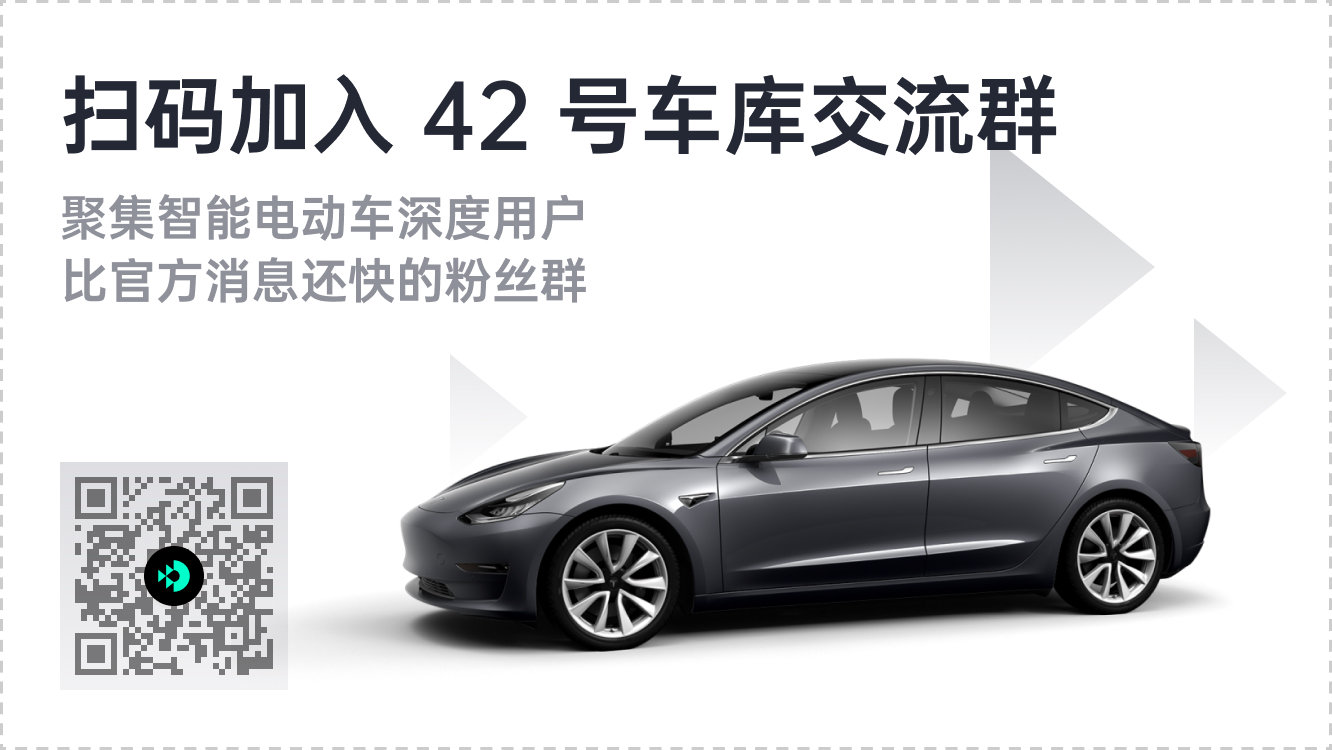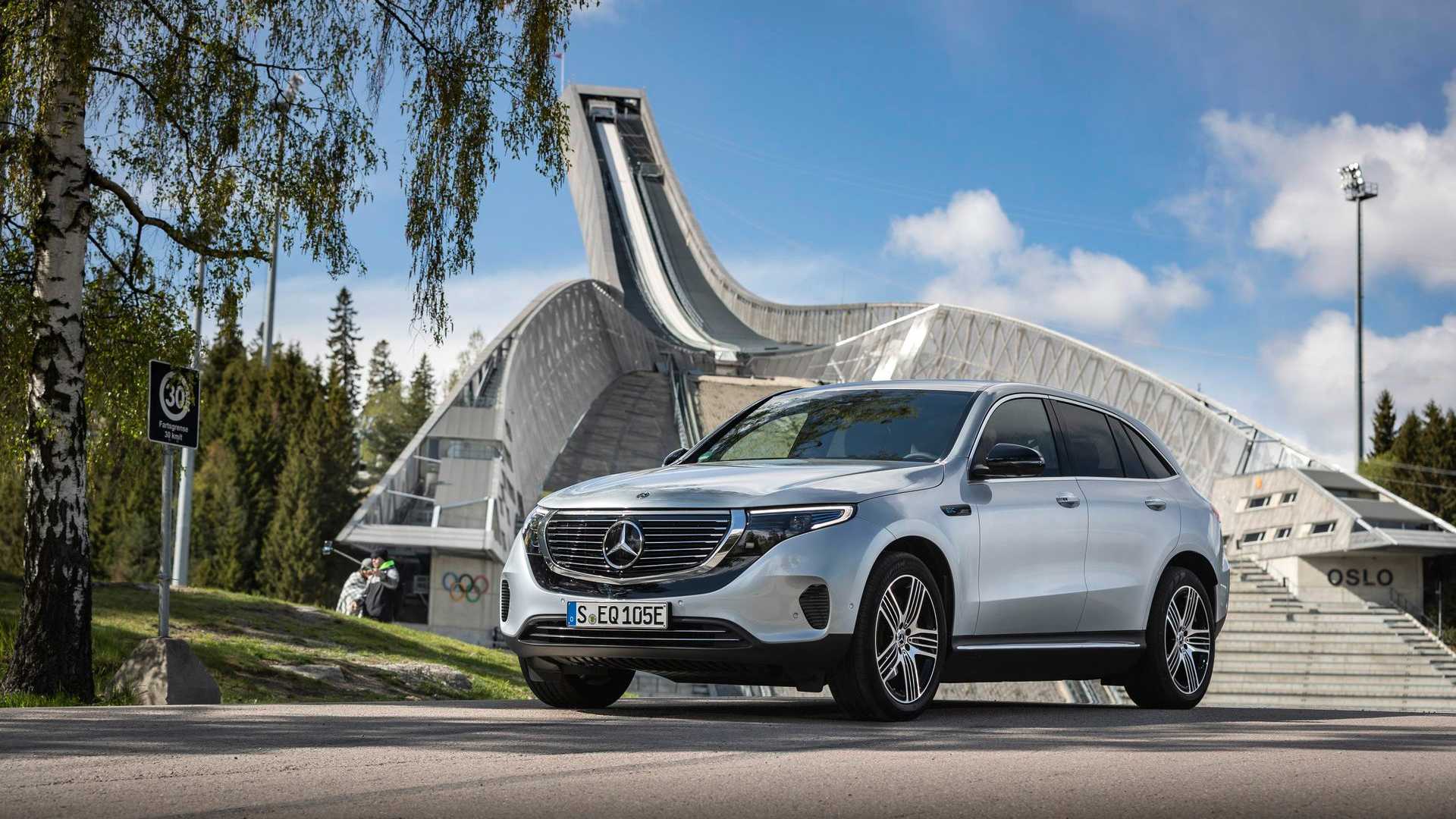Daimler shareholders have referred to the Mercedes EQC as an overpriced and dull car.
Foreign media reported an interesting news, saying that Daimler was “slammed” by its own shareholders. Inge Speich, who is responsible for sustainability and corporate governance at Deka, holds approximately 0.5% of Daimler Group.
At a recent shareholders’ meeting, Speich commented on the Mercedes EQC, believing that it failed as Mercedes’ first mass-market electric car.
Speich said at the shareholders’ meeting:
We reviewed Daimler’s past year and found that Mercedes was late in electrification. He added that the EQC is too expensive and too boring. We recently drove the EQC and found it to be a very capable luxury car and one of the highest-end electric vehicles for passengers to choose from.
However, in terms of cruising range and rapid charging speed, it lags behind its competitors, not to mention that in mechanical terms, it is basically a GLC with EV internal components, which undoubtedly hinders its development, since its competitors were designed from scratch.
Daimler CEO Ola Kallenius said he doesn’t agree with the idea that the EQC is a “boring car”, but he still expressed from a broader perspective that Daimler missed the best time for electric vehicle transformation from an organizational structure point of view, and failed to be well-prepared in response to risks when the epidemic arrived.
He stated: “Our previous goals covered the upcoming corporate transformation, but not the global recession under the epidemic. We could have done better, and we are determined to change.”
Kallenius continued to say that although Mercedes will release no fewer than five electric cars and 20 PHEVs before the end of 2020, it still cannot meet Europe’s strict emission standards for this year and 2021.
As a result, Mercedes will also launch the pure electric versions of the EQA crossover and EQS large sedan.
Now, Daimler is cutting costs on a large scale and streamlining operations. Starting from November last year, they announced that they will lay off more than 10,000 people globally, and the company expects to save 1.58 billion US dollars by 2022.

This article is a translation by ChatGPT of a Chinese report from 42HOW. If you have any questions about it, please email bd@42how.com.
